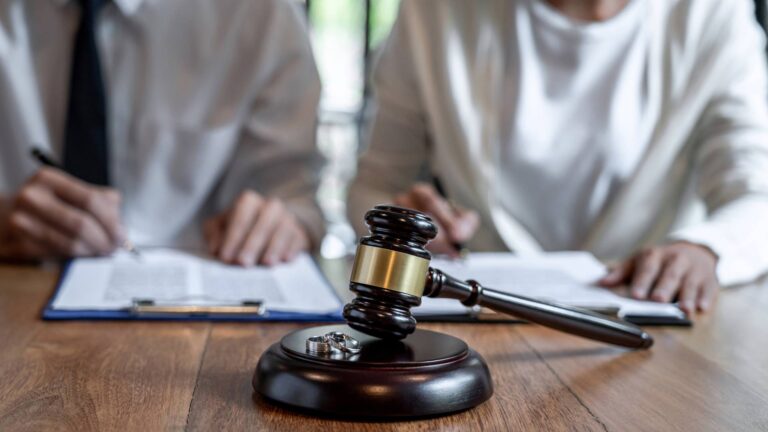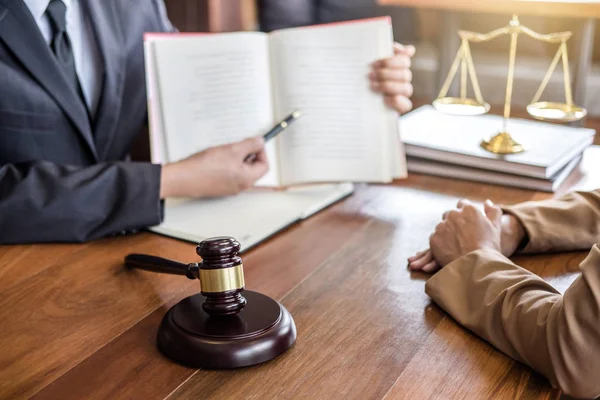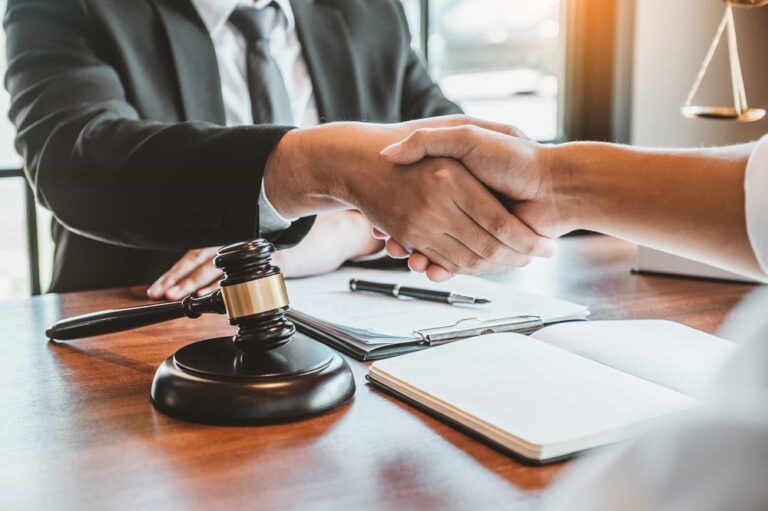When a veteran receives a mesothelioma diagnosis, the impact extends far beyond the patient. Spouses, adult children, and other family members suddenly find themselves thrust into caregiving roles they never anticipated, navigating complex medical decisions, managing medications, coordinating appointments, and providing emotional support, all while processing their own grief and fear. Caregiving for a loved one with mesothelioma presents unique physical, emotional, and financial challenges that can quickly become overwhelming without proper support and resources. Understanding what help is available, how to access caregiver benefits, and strategies for maintaining your own wellbeing while caring for a veteran with mesothelioma can make the difference between barely surviving and effectively supporting your loved one through their cancer journey.
Aid and Attendance Benefits for Veterans and Caregivers
Veterans with mesothelioma who require regular aid and attendance may qualify for enhanced VA pension benefits. The Aid and Attendance (A&A) benefit provides additional monthly payments beyond standard disability compensation when veterans need help with daily activities, are bedridden, or require nursing home care.
For 2025, A&A benefits can provide up to approximately $2,795 per month for married veterans, on top of standard disability compensation. This additional income can be used to:
- Hire professional in-home care assistance, providing relief to family caregivers
- Pay for assisted living or nursing home care if in-home care becomes unsustainable
- Cover costs of medical equipment, home modifications, or supplies
- Compensate family members for caregiving time and expenses
Eligibility requires that the veteran served during a wartime period, meets certain income and asset limits, and requires assistance with two or more activities of daily living. Many mesothelioma patients qualify as their condition progresses.
Special Monthly Compensation (SMC) for Housebound Veterans
Veterans with mesothelioma who are substantially confined to their homes due to disability may qualify for Special Monthly Compensation. The housebound benefit provides additional monthly payments when veterans cannot leave home without significant assistance or are medically restricted from leaving.
SMC-S (housebound) adds approximately $136 per month to disability compensation, while higher SMC levels for more severe disabilities can provide several thousand dollars additional monthly. These enhanced payments help families cover increased home care costs and may make the difference between managing care at home versus requiring facility placement.
Financial Assistance Beyond VA Benefits
While VA programs provide crucial support, additional financial resources can help caregivers manage the costs of care.
Asbestos Trust Funds and Legal Compensation
Veterans with mesothelioma may be eligible for compensation from asbestos trust funds or through legal claims against asbestos manufacturers. These sources can provide substantial financial awards, often $1 million or more, that help families cover medical expenses, lost income, and caregiving costs. Resources focused on legal options and financial benefits for veterans can connect caregivers with experienced attorneys who handle these claims on a contingency basis, requiring no upfront costs.
Importantly, pursuing legal compensation doesn’t affect VA benefits, and veterans can access both simultaneously. Many families use legal compensation to pay for in-home care assistance, home modifications, experimental treatments not covered by insurance, or to secure their family’s financial future.
Social Security Disability Insurance (SSDI)
Veterans under age 65 with mesothelioma may qualify for expedited SSDI benefits through Social Security’s Compassionate Allowances program. This provides additional monthly income separate from VA compensation, helping families manage reduced work income if the veteran was employed at diagnosis.
Medicaid and State Programs
Depending on income and assets, veterans and their caregivers may qualify for Medicaid benefits, which can cover in-home care services, medical equipment, and respite care. State-specific programs may offer additional caregiver support, respite care, or financial assistance.
Practical Caregiver Support and Resources
Beyond financial assistance, caregivers need practical support, education, and emotional outlets.
Caregiver Support Coordinators
Every VA medical center has designated Caregiver Support Coordinators who help caregivers navigate VA systems, access benefits, and connect with resources. These professionals understand the specific needs of caregivers and can expedite access to programs and services.
Online Caregiver Communities and Support Groups
Organizations focused on supporting veterans and families facing mesothelioma offer online communities where caregivers can connect with others in similar situations, share experiences, ask questions, and find emotional support. These connections prove invaluable for caregivers who may feel isolated or overwhelmed.
Local cancer centers and VA facilities often host in-person support groups specifically for caregivers, providing opportunities to meet others facing similar challenges and learn coping strategies.
Educational Resources and Training
Understanding mesothelioma, its treatment, and what to expect as the disease progresses helps caregivers feel more confident and prepared. Comprehensive guides available through veteran mesothelioma resources provide detailed information about:
- Symptom management and when to seek medical help
- Medication administration and side effect management
- Nutritional support for cancer patients
- Pain management strategies
- End-of-life planning and hospice care
- Emotional support techniques
Many organizations offer webinars, downloadable guides, and video tutorials specifically designed for caregivers.
Respite Care Options
Regular breaks from caregiving are essential for maintaining caregiver health and preventing burnout. Respite care options include:
VA Respite Care: Through caregiver programs, the VA provides up to 30 days annually of inpatient or adult day health care, giving caregivers scheduled breaks.
Adult Day Programs: Some communities offer adult day programs where veterans can socialize and receive care for several hours while caregivers work or rest.
In-Home Respite: Professional caregivers can provide care in the home for several hours or days, allowing family caregivers time away.
Emergency Respite: When caregivers face illness or crisis, emergency respite services can provide temporary care placement.
The Caregiver’s Reality: Understanding the Challenges
Caring for a veteran with mesothelioma involves responsibilities that most family members are unprepared to handle. Unlike some caregiving situations that develop gradually, mesothelioma often progresses relatively quickly after diagnosis, compressing the caregiving learning curve into months rather than years. Caregivers may find themselves suddenly managing:
Complex Medical Care: Administering medications, managing side effects from chemotherapy or radiation, coordinating with multiple specialists, and making critical treatment decisions alongside their loved one.
Physical Assistance: As the disease progresses, veterans may need help with daily activities including bathing, dressing, eating, and mobility. Physically assisting someone who was previously independent can be emotionally difficult and physically demanding.
Financial Management: Navigating insurance claims, VA benefits applications, medical bills, and potentially reduced household income if the caregiver reduces work hours or leaves employment entirely.
Emotional Support: Providing psychological support to their veteran while managing their own emotional response to watching a loved one face a terminal illness.
Household Management: Maintaining normal household operations, possibly including caring for other family members, while managing increased caregiving responsibilities.
According to resources dedicated to helping veterans and their families, caregivers often experience high rates of stress, anxiety, depression, and physical health problems related to caregiving demands. Recognizing these challenges and accessing appropriate support isn’t a sign of weakness, it’s essential for sustainable caregiving.
VA Caregiver Support Programs
The Department of Veterans Affairs offers several programs specifically designed to support caregivers of veterans with serious illnesses, including mesothelioma.
Program of Comprehensive Assistance for Family Caregivers (PCAFC)
The PCAFC represents the most substantial VA caregiver support program, providing extensive benefits to primary caregivers of eligible veterans. To qualify, the veteran must need assistance with activities of daily living or require supervision due to neurological impairment or injury. Many veterans with advanced mesothelioma qualify as their condition progresses.
Benefits through PCAFC include:
Monthly Stipend: A tax-free payment to the designated primary caregiver, with amounts varying based on the veteran’s needs and local costs. This financial support can range from several hundred to over $3,000 monthly, helping offset lost income if caregivers reduce work hours.
Health Insurance: If the primary caregiver doesn’t have health insurance through employment or other sources, the VA provides coverage through CHAMPVA (Civilian Health and Medical Program of the VA).
Mental Health Services: Access to counseling and mental health support to help caregivers manage stress, anxiety, and depression associated with caregiving.
Respite Care: Up to 30 days per year of care for the veteran, allowing the caregiver time away for rest, self-care, or personal responsibilities.
Caregiver Training: Education on providing care, managing symptoms, administering medications, and understanding the veteran’s condition.
Travel Expenses: Reimbursement for costs associated with traveling to VA facilities for the veteran’s care.
Program of General Caregiver Support Services (PGCSS)
For caregivers who don’t meet PCAFC eligibility criteria or who are caring for veterans from any era, the PGCSS offers:
- Access to caregiver support coordinators at VA facilities
- Caregiver skills training and education
- Peer support mentoring programs
- Respite care services
- Information about community resources
Information available through veteran support organizations emphasizes that caregivers should apply for these programs as early as possible in the disease process, as application processing can take time and benefits become increasingly valuable as caregiving demands intensify.
Self-Care for Caregivers: Not Optional, But Essential
Perhaps the most overlooked aspect of caregiving is the caregiver’s own wellbeing. Statistics show that caregivers face higher rates of depression, anxiety, cardiovascular disease, and mortality compared to non-caregivers. Taking care of yourself isn’t selfish, it’s necessary for sustainable caregiving.
Essential self-care practices include:
Maintaining Medical Care: Continue your own health appointments, screenings, and preventive care. Caregiver health problems make it impossible to provide care effectively.
Physical Activity: Even brief daily walks help reduce stress, improve mood, and maintain physical health needed for caregiving tasks.
Sleep: Prioritize adequate sleep, even if it means accepting help or adjusting care routines. Chronic sleep deprivation impairs judgment and increases health risks.
Social Connections: Maintain relationships with friends and family outside the caregiving context. Social isolation intensifies caregiver stress.
Mental Health Support: Consider counseling or therapy to process emotions, develop coping strategies, and manage caregiver stress.
Setting Boundaries: Recognize your limits and accept that you can’t do everything alone. Asking for and accepting help isn’t failure, it’s wisdom.
Moving Forward with Support
Caregiving for a veteran with mesothelioma represents one of life’s most challenging experiences, but it doesn’t have to be navigated alone. Extensive support systems exist specifically to help caregivers manage these responsibilities while maintaining their own health and wellbeing. The key is knowing what resources exist, accessing them early rather than waiting until crisis point, and recognizing that accepting support strengthens rather than diminishes your caregiving role.
Your veteran served their country and now faces this disease with courage. As their caregiver, you serve alongside them, and you deserve the same level of support and recognition for your sacrifice. Don’t hesitate to reach out, apply for benefits, join support communities, and prioritize your own wellbeing. Both you and your veteran will benefit from a supported, sustainable approach to caregiving.










